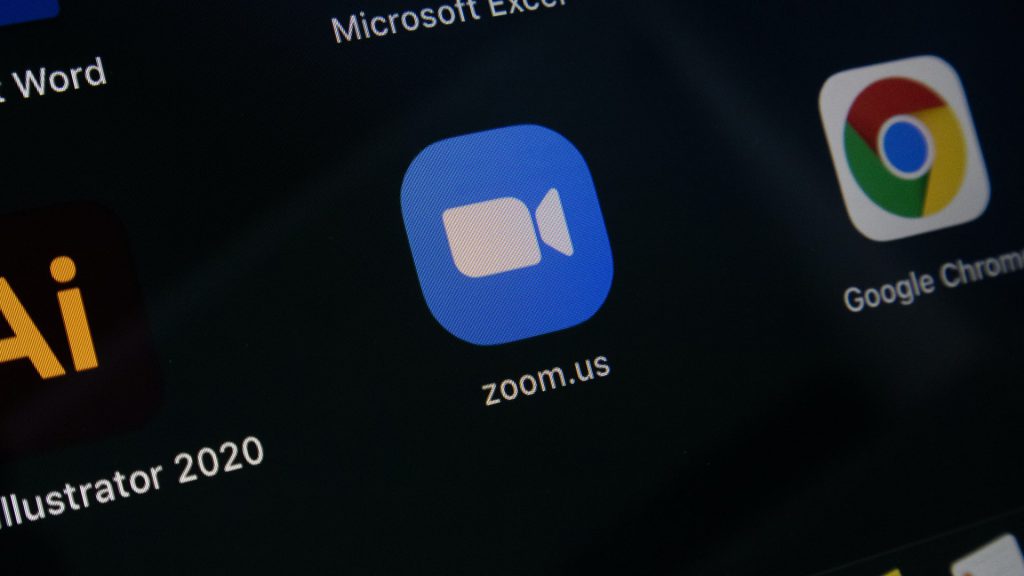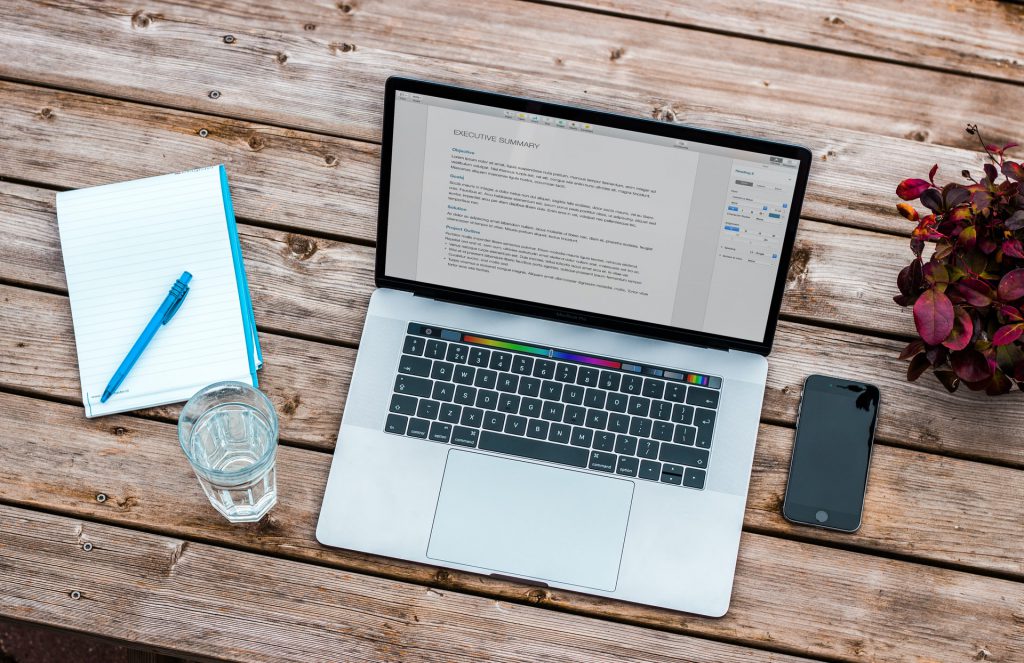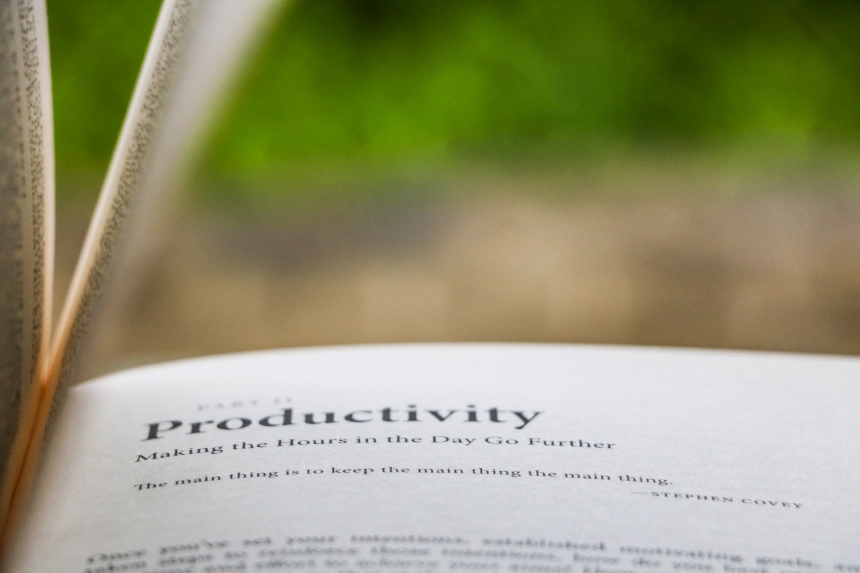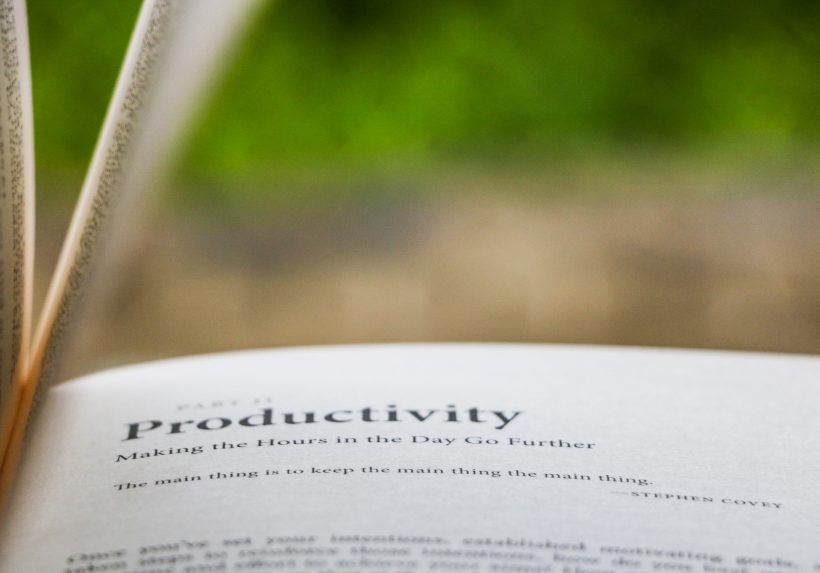Working hard is the key to success, as we’ve been told. Rushing to our 9-to-5 jobs early in the morning almost every day takes a toll on our overall health and mental well-being.
Rather than working hard, working productively can get much more done in a shorter period of time.
When the COVID-19 pandemic forced many to work remotely, it shook up the working culture worldwide as many employees were sent home without having full access to tools that enabled them to work as effectively as they had done at their workplace.
The conditions around work have changed significantly, but the ways productivity is measured has yet to adapt as much as they should.

Prior to the pandemic, it’s not unusual, for instance, to bring work home or multitask to get our job done, giving us the impression that we are attaining improved productivity through such manner.
However, doing more work doesn’t necessarily mean being more productive. In fact, many experts suggest that multitasking and a lack of work-life balance can easily lead to burnout.
Therefore, productivity needs to be assessed to focus more on outcome rather than level of activity.
Instead of measuring productivity by attending virtual meetings or being on-call during regular business hours, productivity should be gauged through the quality of work produced.
This is because employees who work from home need to focus on other priorities. For example, those with children may not be able to make it to morning check-in meetings, because they could be busy helping their children through remote classes.

While employers were mainly concerned with the decline in productivity that historically comes from working remotely, a 2020 research published by Microsoft showed that productivity had remained stable during the pandemic.
For many employees, working remotely doesn’t result in reduced productivity as they are able to craft an environment that works for them.
Instead of getting up early to prepare for the long commute to work, employees gain more time to rest and recharge.
Having to make the most of your time at home isn’t necessary, because you could end up spreading yourself too thin trying to juggle so many activities at once.
Some of the most effective ways to boost your productivity are taking breaks to prevent feeling burnt out and allocating some of your time to improve your work quality.

As the line between work and home begins to blur, we have to keep in mind that work-life balance matters even more than ever.
Spending long hours in the office or crossing off many things on a to-do list is no longer a suitable measurement of productivity, given the struggle we have been experiencing in adapting to changes resulting from COVID-19.
The pandemic has made it essential that we examine productivity differently, shifting the rules on the conventional meaning of productivity to emphasise doing things well instead of doing many things.
Photo by Krisna Iv from Unsplash.




